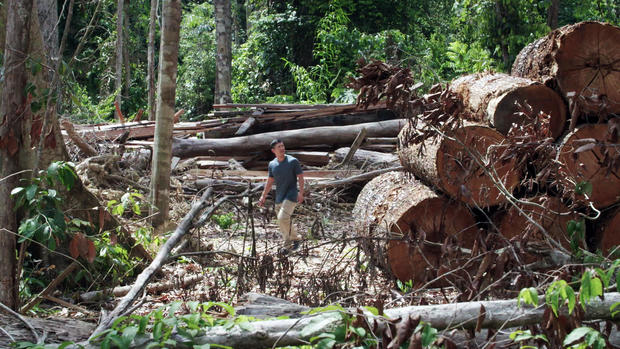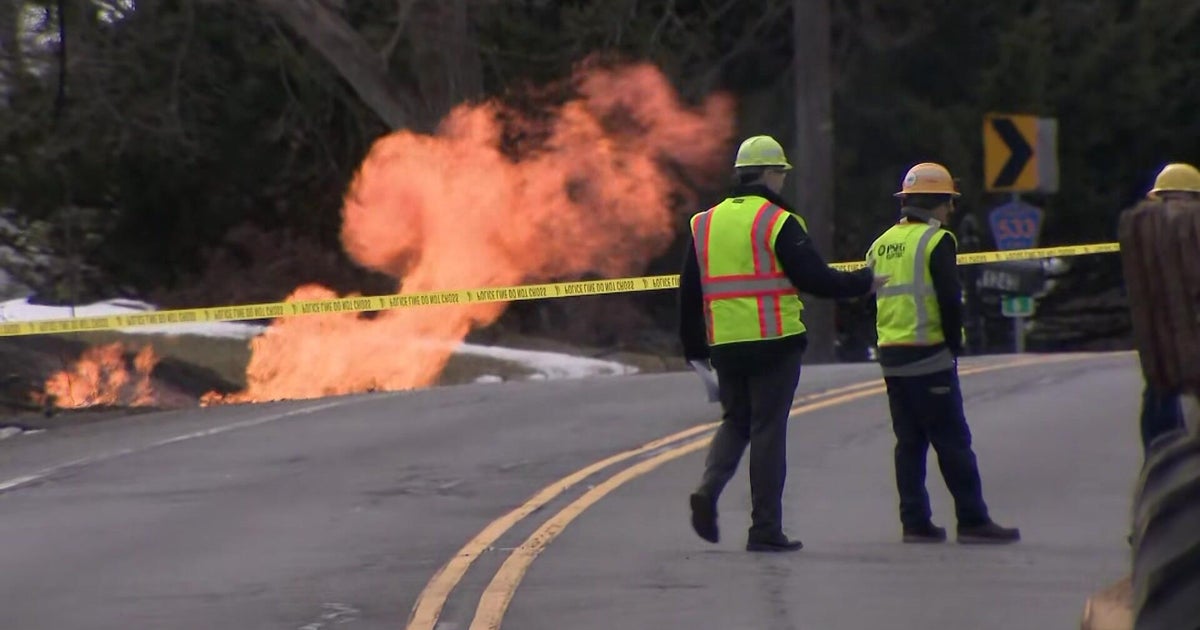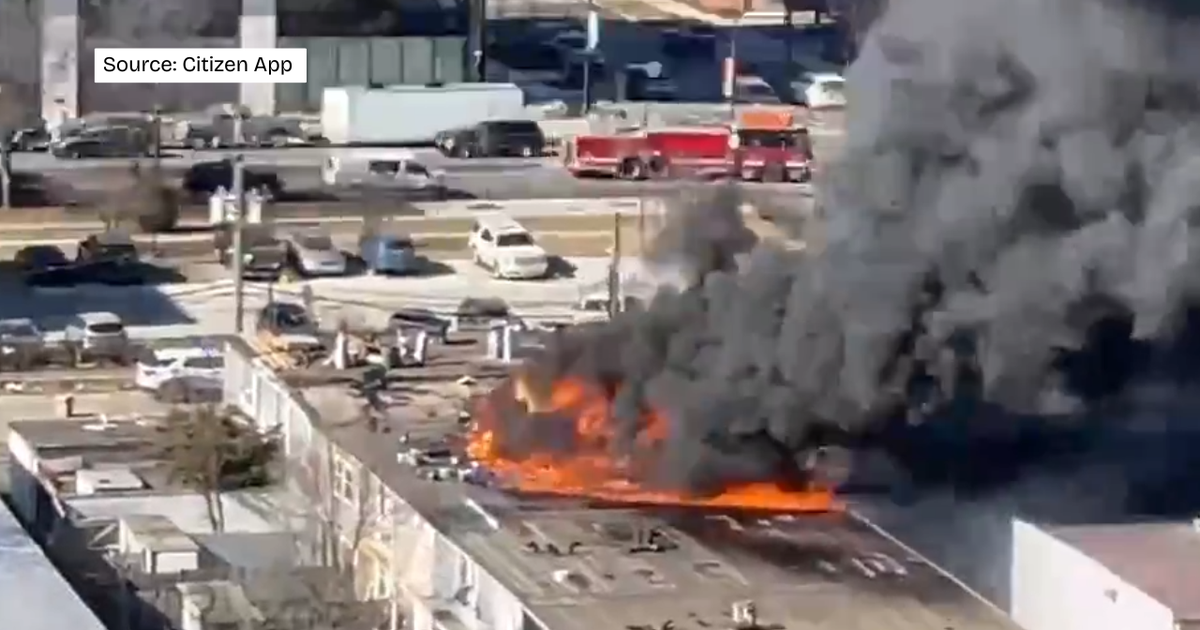Did U.S. companies and consumers help fuel the fires in the Amazon rainforest?
REVERB is a new documentary series from CBS Reports. Watch "Complicit: The Amazon Fires" in the video player above.
The fires that devastated the Amazon in the summer of 2019 were no accident. Most were deliberately set to clear land in the rainforest for agricultural purposes. But while Americans and Europeans were outraged by images of the fires in the news and on social media, there's evidence that development in the Amazon is fueled, in part, by their own consumer dollars.
"In the Brazilian Amazon, which of course is where the fires that caught the world's attention in August are located, the main drivers [of deforestation] are the agribusiness industry," Moira Birss, the finance campaign director for the nonprofit Amazon Watch, told CBS Reports.
Twenty percent of the rainforest has been lost since the 1970s, when agricultural expansion into the Amazon began as a government program. Over half of that area is now farmland, cultivated mostly for soy and beef exports. According to the Yale School of Forestry and Environmental Studies, cattle ranching accounts for 80% of current deforestation rates in the Amazon.
Deforestation has spurred the construction of highways such as the BR-163, in the state of Para, to carry goods out from the rainforest. BR-163 runs for nearly 1,100 miles through an area that's considered the epicenter of the fires and of industrialization.
During the rainy season in the fall, a peak time of farm productivity, long lines of 18-wheeler trucks clogged the road.
Waterways are also crucial for transporting goods out from that part of the rainforest. The American-owned company Cargill, a giant in the global grain trade, operates a port near the town of Santarem, where the Amazon and Tapajos rivers meet.
"The government gave the concession to Cargill to make the port," Socorro Pena, a professor at the local university in Santarem, told CBSN Originals. "Cargill's presence here divides people's opinions. Because there are some sectors, politicians, business people, that think that Cargill was important for development."
In a statement to CBS News, a company spokesperson said: "Cargill operates at the intersection of agriculture and business, connecting farmers with consumers around the world. Recently, the Company has taken steps to advance its commitment to protecting forests and promoting rural agricultural development in all its production chains."
All of the development in the region requires substantial investment. To find out where the money was coming from, Birss and her colleagues at the Amazon Watch headquarters in Oakland, California, analyzed four years' worth of financial records to trace its provenance.
"We wanted to look at the supply chains and the financial flows between the outside world and the Brazilian Amazon. And what we found was that many of the financial actors that are investing in the companies involved in deforestation of the Brazilian Amazon as well as the purchasers of the products are based in the U.S. and in Europe," said Birss.
The Amazon Watch report revealed that the world's four largest agribusinesses and global soy traders — ADM, Bunge, Cargill and Louis Dreyfus Company, which are all U.S. or European-based — operate in the Brazilian Amazon. It found there are several U.S. and EU financial institutions providing over $1 billion in credit to these commodity traders, including CitiBank, Bank of America and JP Morgan Chase. American and European financial institutions like Morgan Stanley and HSBC are also lending millions to the three major Brazilian beef companies — JBS, Marfrig and Minerva Foods — which together accounted for 80% of the country's beef exports in 2015.
"I think we're shielded from what our money is doing abroad," said Christian Poirier, the Brazil program director for Amazon Watch. "That's what we're doing today, is trying to raise awareness about how we in the North are complicit with what's happening in the Amazon today. How our money is enabling the worst abuses of human rights and the worst environmental destruction that we've seen in a generation."
Poirer asserted that individuals can make an impact by pressuring asset managers and banks to disengage from any activity that might contribute to Amazon rainforest loss. "They are beholden to us. We're not beholden to them, and we actually have a say in how they spend their money, how they spend our money."
Said Birss: "When you're creating funds that are ignoring the impacts for the climate, for the indigenous rights, for the Amazon rainforest, then yeah, you have a direct responsibility in it and a complicity in what we're seeing on the ground."





